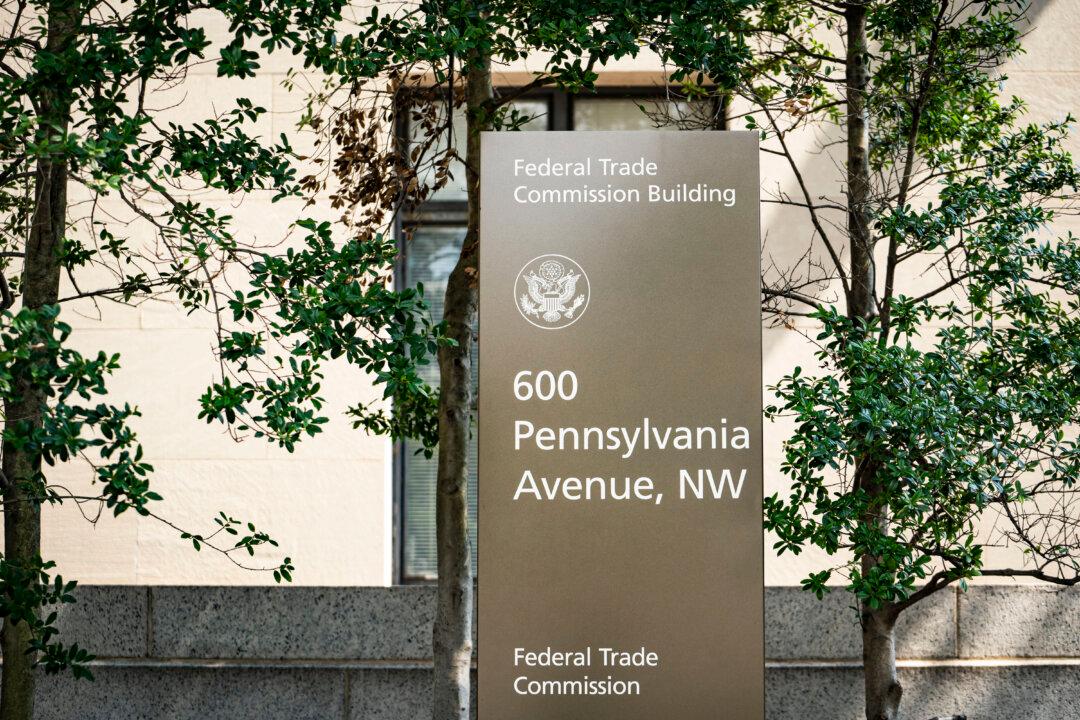The developer of the online game Genshin Impact agreed to pay $20 million to settle allegations of violating data privacy of children and duping players into spending money on in-game loot boxes.
The settlement comes as part of a complaint filed against Singapore-based Cognosphere Pte. Ltd and its California subsidiary Cognosphere LLC, which does business in the United States as HoYoverse. The defendants allegedly “actively marketed” the free-to-download game Genshin Impact to children and collected their private info, thus violating the Children’s Online Privacy Protection Rule (COPPA), said a Jan. 17 statement from the FTC.





